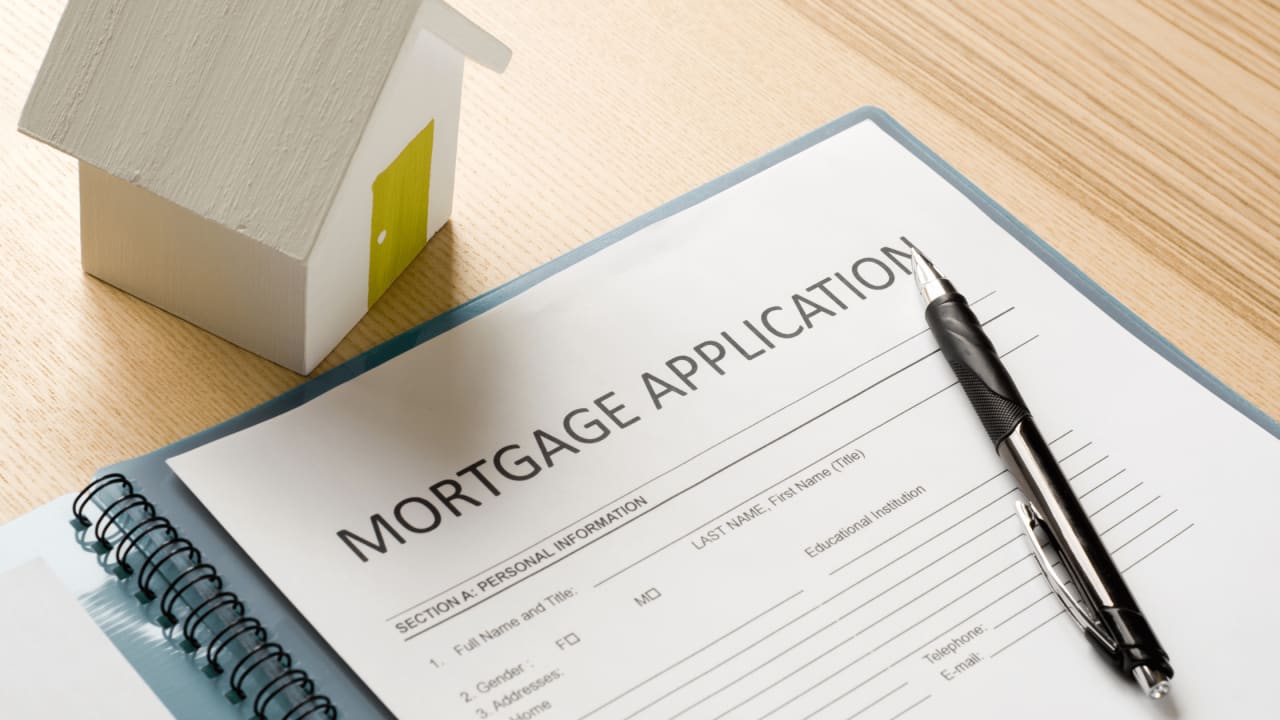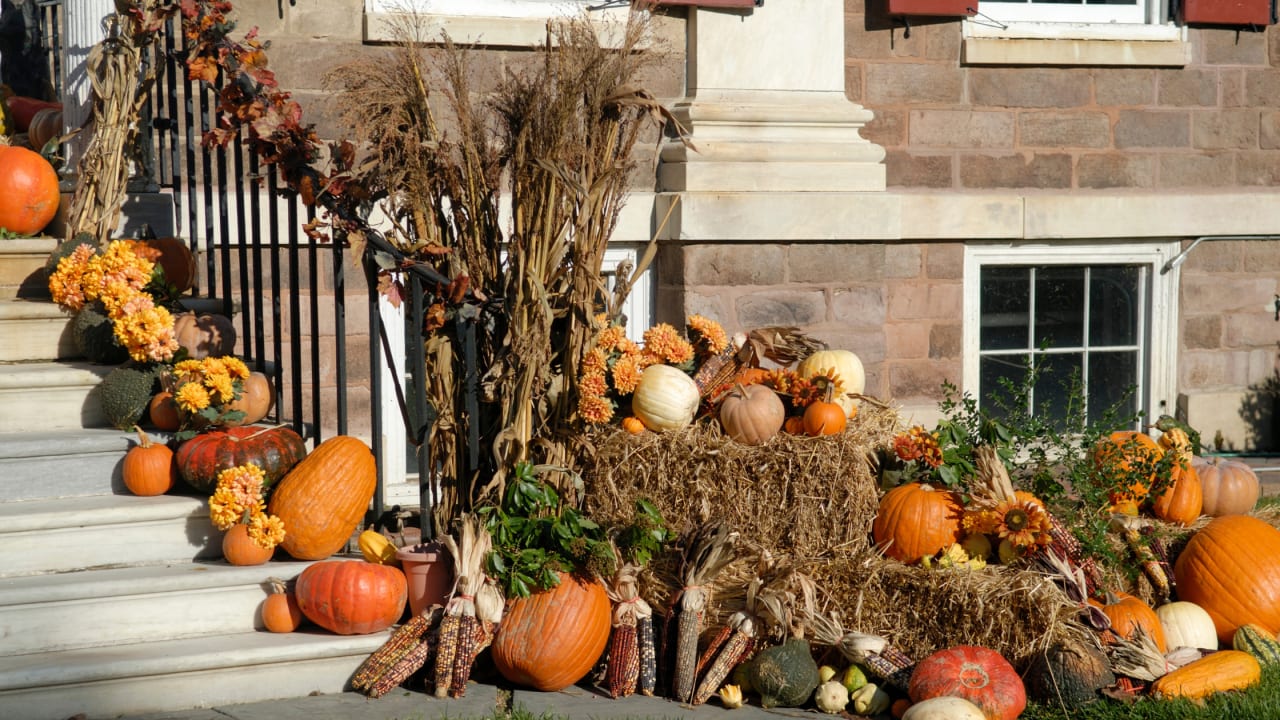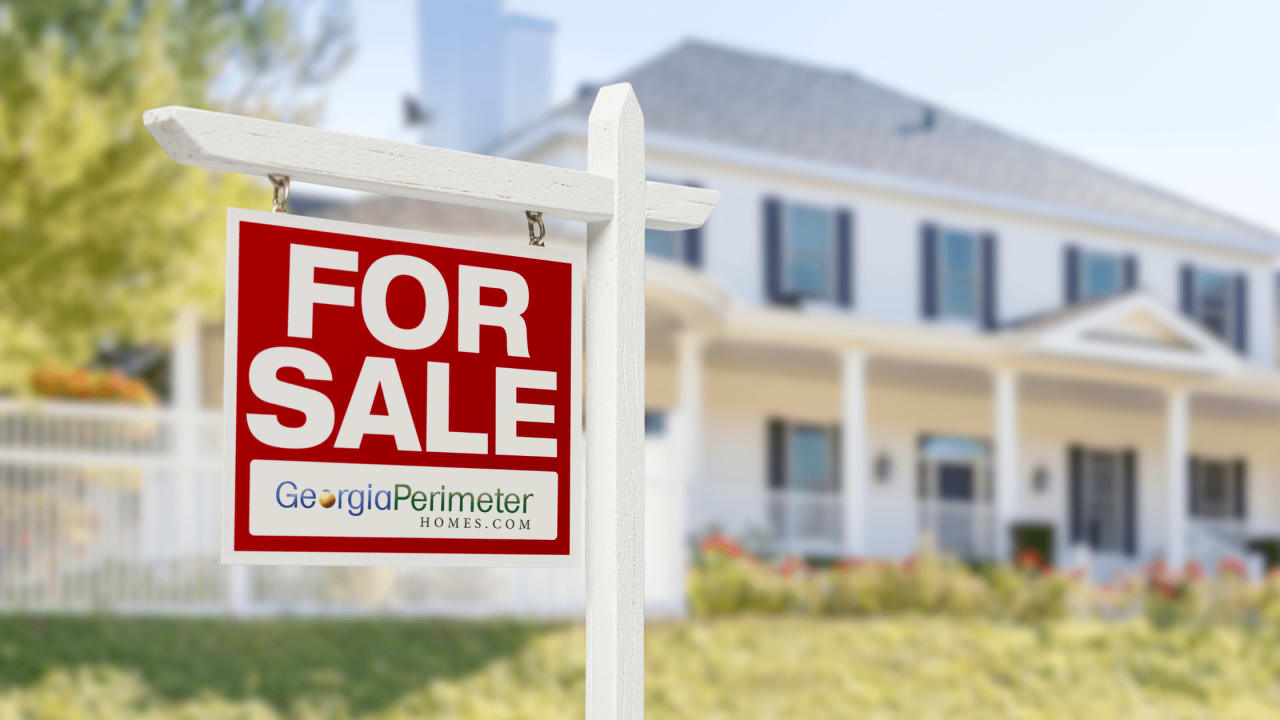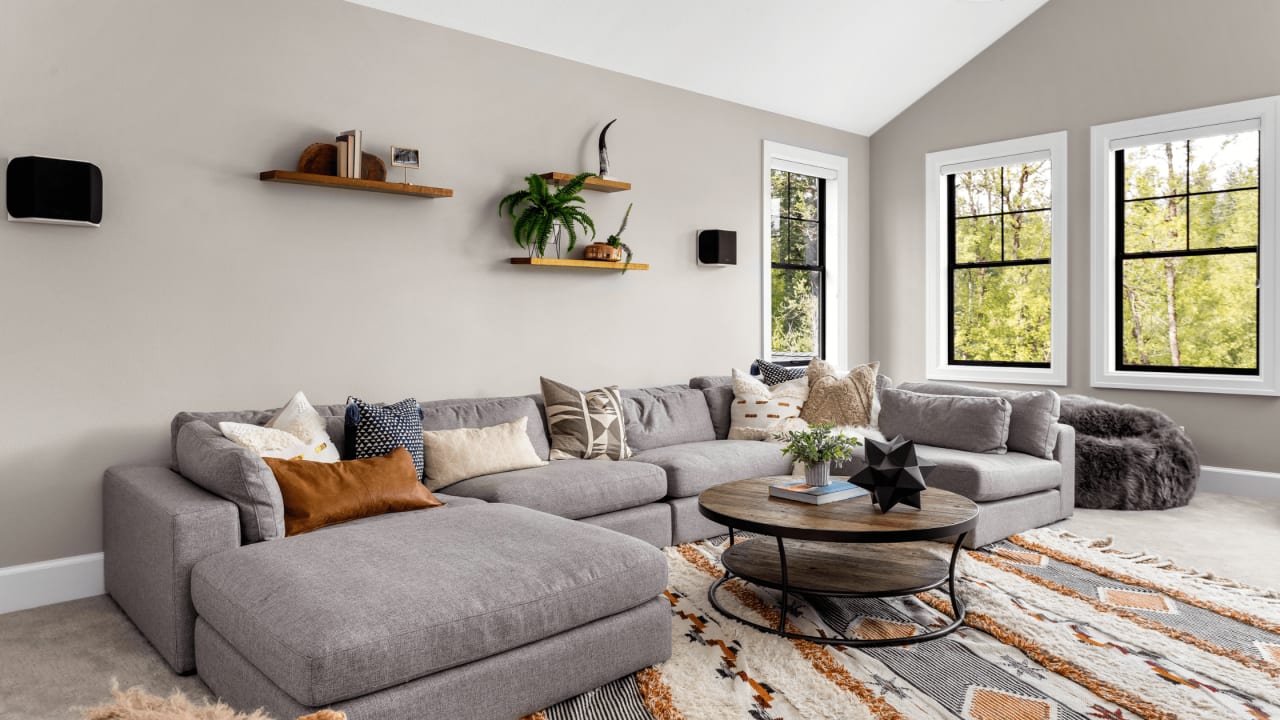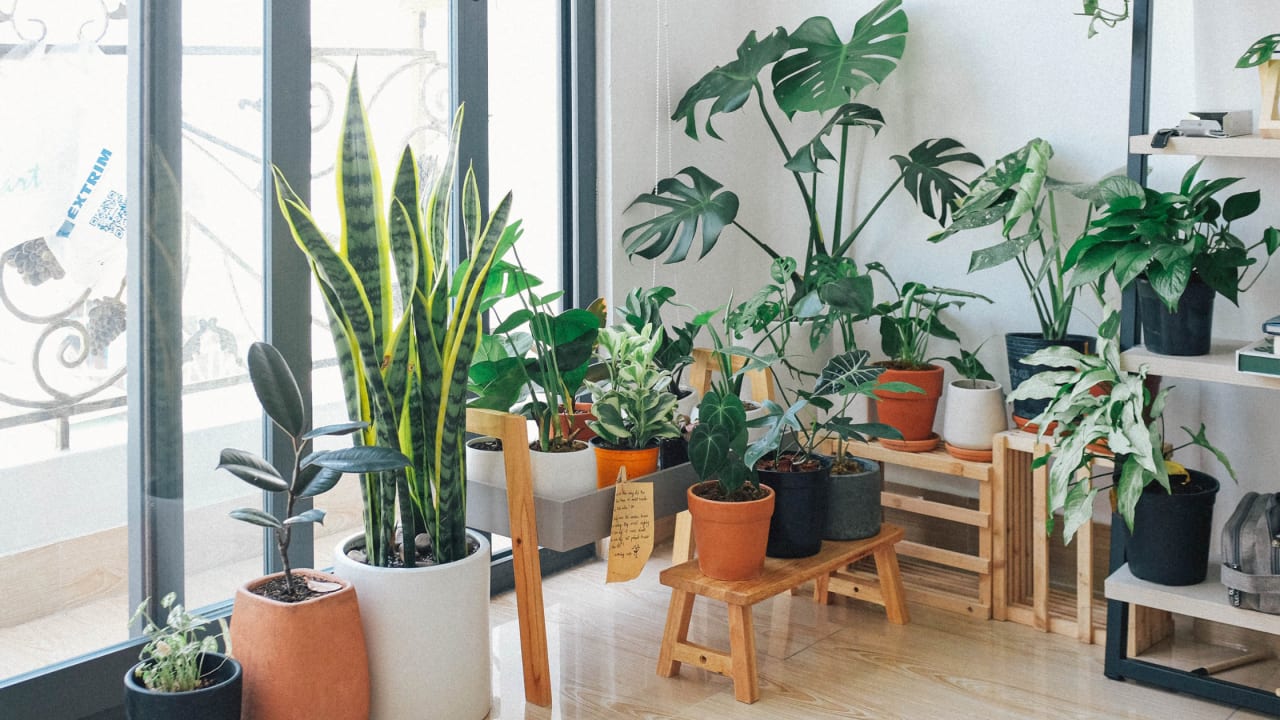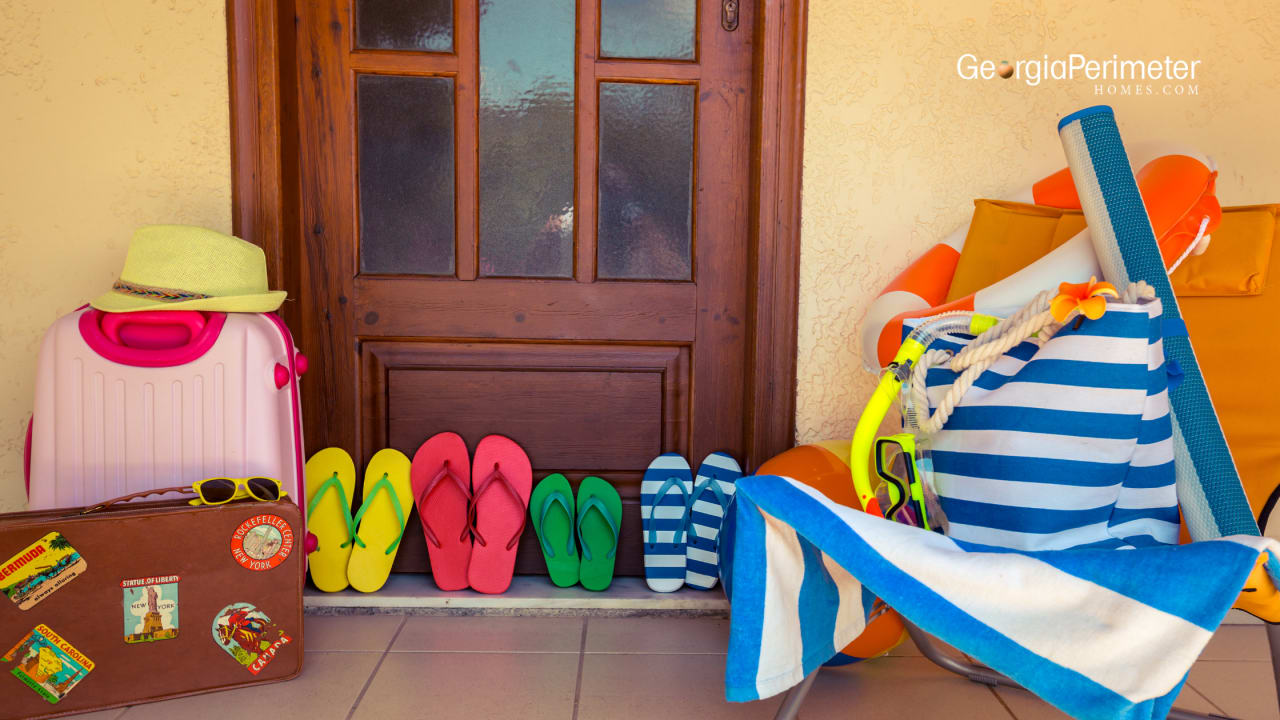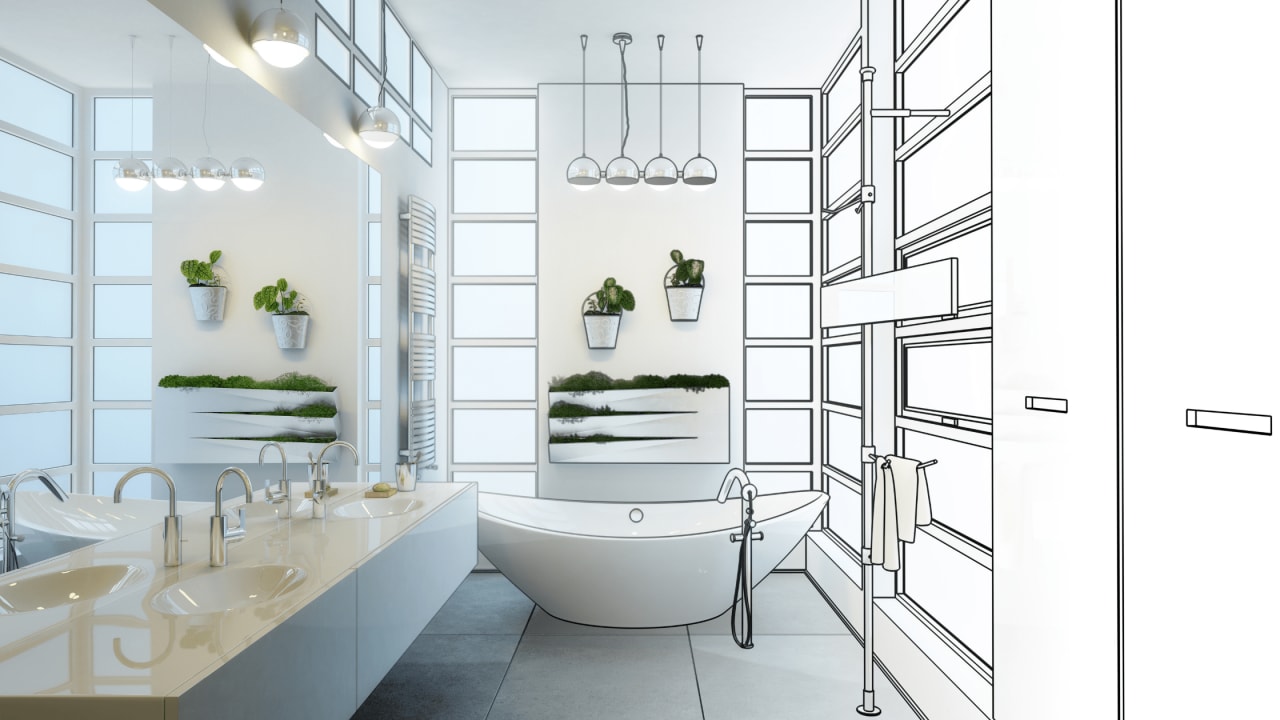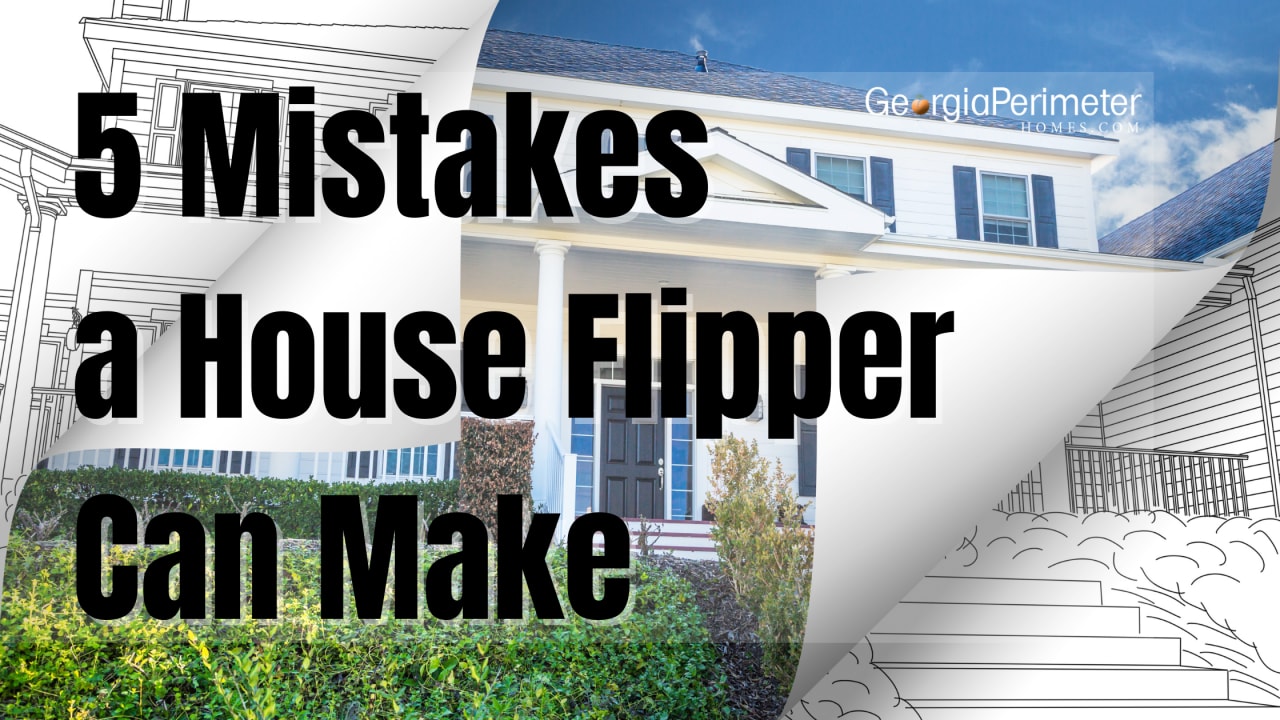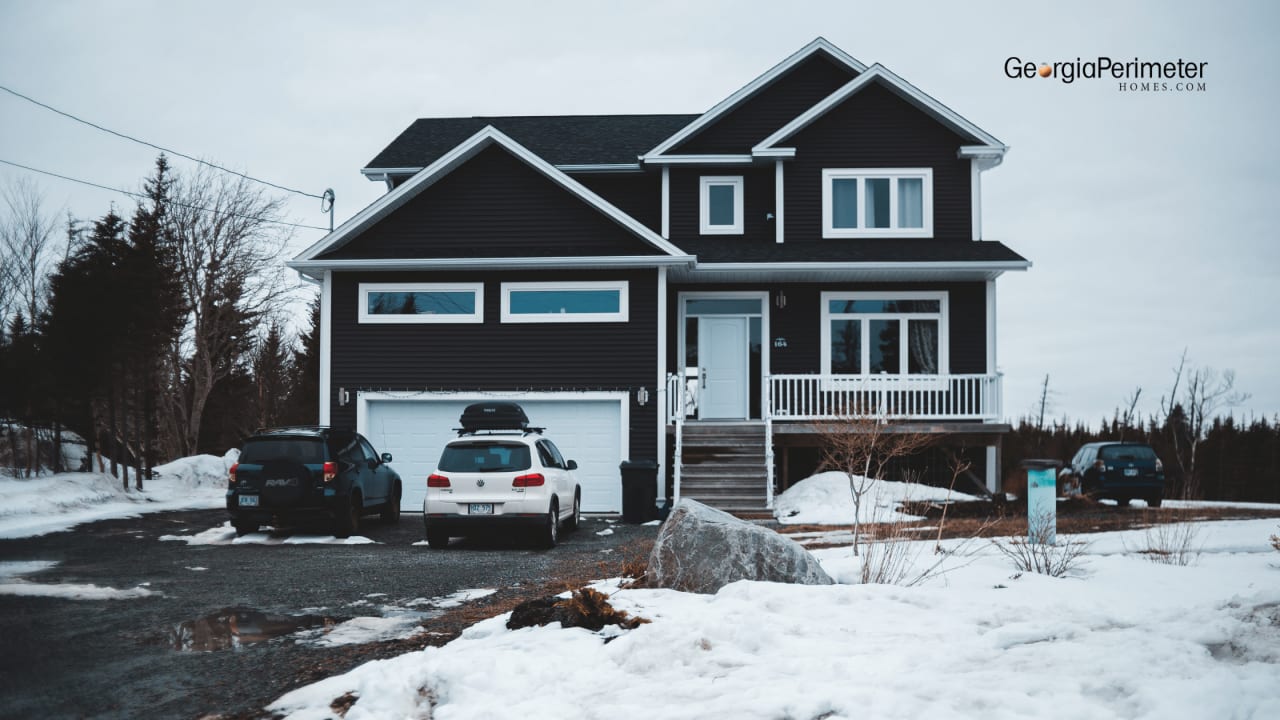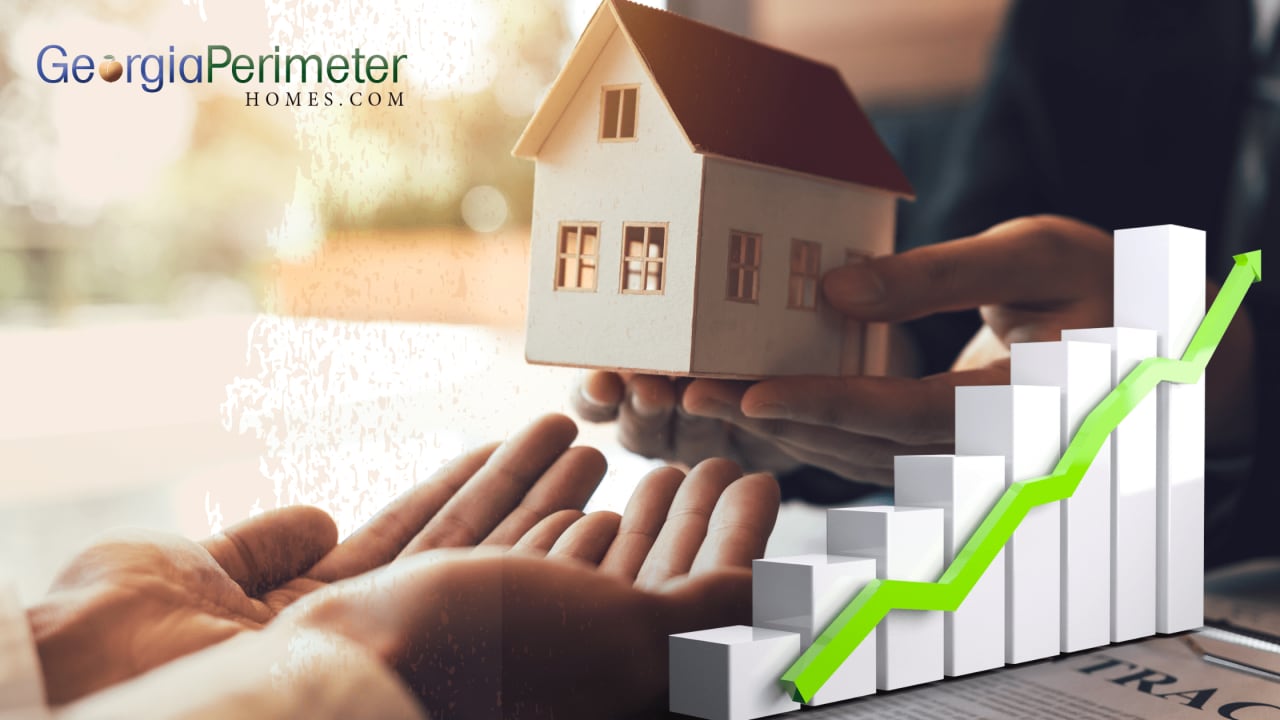Things your policy doesn't include can come as a nasty surprise. Typically, homeowners insurance does not cover "acts of God," meaning that you will need to purchase extra coverage against disasters like floods, hurricanes, and earthquakes. Even water damage from storms is very rarely covered in a basic homeowner policy.
Unfortunately, this extra insurance can be expensive, especially if you live in a flood plain. The average cost of flood insurance is $708 a year as of 2021, but the costs vary a good deal depending on how close your house is to the coast.2
Some expenses such as property taxes and homeowners insurance are bundled into mortgage payments. This is known as PITI: principal, interest, taxes, and insurance. Lenders prefer PITI to be equal to or less than 28% of a borrower's gross monthly income.
The Roof
Water is your home's biggest enemy, and one of the roof's primary jobs is to keep water out. A leaky roof can cause cosmetic damage to the inside of a home and, depending on how severe the leak is, destroy the belongings inside, and cause health problems or structural issues.
Roof damage usually results when shingles, soffits, and fascia become loose, cracked, blown off, or damaged. For example, a roof with asphalt shingles will need to be replaced every 15–20 years.
The Heating, Ventilation and Air Conditioning (HVAC) System
You'll probably need to buy new units at some point, as the existing ones wear out over time. Replacing the furnace and air conditioner filters frequently helps keep the machines running efficiently.
Homeowners should have their HVAC systems inspected at least once a year. Many companies offer service contracts or maintenance plans, which may reduce the cost of an annual inspection, offer semi-annual inspections, and provide other benefits like reduced prices on parts and lower-cost emergency visits.
The Electrical System
Arc faults, faulty wiring, and electrical shorts cause a fair number of electrical fires that burn down homes. All homeowners should have a basic understanding of how electrical systems work to keep homes and families safe and understand the limitations of their skills.
Whenever there's a systemic problem or you're doing significant rehab work, call in the pros—trusted, trained, and licensed electricians to make sure things are installed correctly and according to current codes and safety standards.
Plumbing
Small plumbing problems (like clogged drains) occasionally happen no matter where you live, and they aren't a big deal to fix with basic plumbing knowledge.
Some older homes present larger problems when it comes to plumbing, though. These homes often contain galvanized iron water pipes, which become clogged with mineral deposits over time and gradually reduce the water pressure in your home. These pipes cannot be repaired; they have to be replaced.
Also, be sure to research whether your water could be contaminated with lead related to your plumbing. Sometimes the problem is pipes in the home, and sometimes it is the pipes from the municipal system to your home.
Termites
Termites are attracted to wood and moisture, and they can get into your house through even the tiniest of cracks. You don't want your home turning to dust right under you.
To prevent expensive structural damage to your home, make sure there is no wood touching the ground near your house (like lumber, firewood, or tree stumps). Prevent any moisture from accumulating around your foundation by making sure the ground slopes away from your house, and hire an exterminator to regularly perform a pest inspection.
Mold
Mold can grow in humid or damp areas and can cause health problems. If your HVAC system is contaminated, mold can spread throughout your home every time the furnace is running.
Because of its complexity, your home's HVAC system—which controls heat, cooling, and the circulation of air throughout the residence—is not something you'll be able to inspect, repair or replace yourself unless you're an HVAC professional.
Preventing mold problems is a matter of keeping water out and fixing any leaks conducive to mold growth. If your home is very humid, an air conditioner or dehumidifier will help prevent mold growth. Mold is not always visible; it can be hidden behind wallpaper, under carpeting, and in various other places. Mold can cause allergic or irritating reactions and asthma attacks.
Landscaping and Lawn Care
Whether you handle the yard work yourself or hire a professional, you will have to pay something to keep your landscaping in check. Lawn equipment can be costly and, if you have considerable acreage, you may need equipment like a snowblower or a leaf blower, too.
This isn't just cosmetic. Hanging tree limbs can fall and damage roofs and windows, and a plethora of leaves or overgrown plants can clog gutters, impacting drainage, plumbing, and outdoor HVAC unit systems. Many HOAs require members to maintain the grounds of their homes for these reasons.
How Much Does It Cost to Own a Home?
How much it costs to own a home depends on the home you own. Most people make monthly mortgage payments that includes taxes and homeowners insurance, and sometimes, mortgage insurance. It costs money to pay for electricity, heating, and water, and homeowners have to be prepared for unexpected expenses such as replacing a roof. If your home sits on a large property, yard care may be an expense, and if you live in a condominium or gated community, you will likely have HOA fees as well.
What Are the Benefits of Owning a Home?
There are many benefits of homeownership. It can be financially beneficial because every mortgage payment helps you earn equity. Some mortgage payments may be lower than rent payments over time so that you may earn money in the long run. Homeownership may offer tax benefits, as well, and it can help you build your credit.
How Much Should I Save for Home Repairs?
Some financial experts suggest budgeting for 1% or 2% of your mortgage balance as a yearly maintenance and repair fund, but the amount you should save depends on your home's age, condition, and size.
What Monthly Costs Are Included In Home Ownership?
Most homeowners pay a monthly mortgage. Other potential monthly costs include taxes, homeowners insurance, private mortgage insurance (if you have an FHA mortgage), and HOA fees, if applicable. You will also likely pay monthly heating and cooling, electricity, and water. If you have taken out a home equity loan or a home equity line of credit, you may pay those each month as well.
The Bottom Line
When most people think about the costs of homeownership, they think only about the monthly mortgage payments on their residences. Not only must property taxes and insurance be considered, but also maintenance and repair costs.
Unexpected repairs—think replacing or repairing the roof, fixing loose tiles in the shower, removing an overgrown or dead tree, or paying for mold mitigation in a damp basement—typically lead to the highest bills. The list of possibilities is endless, so the best thing homeowners can do is to set aside savings for an emergency.
Mortgage lenders won't factor this into their equations when determining a loan amount, but you should. It's a good thing to own your own home—but before you buy, make sure you're prepared for the actual cost.



